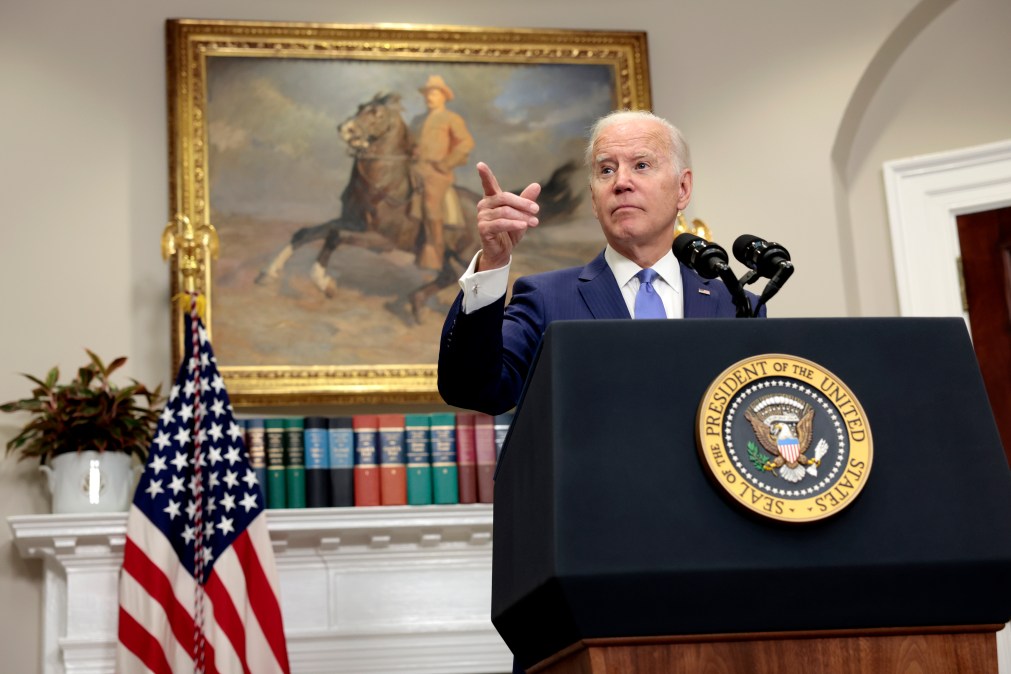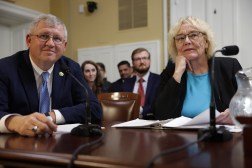WH announces new members of National Quantum Advisory Committee

The White House Friday announced the appointment of 15 new members to the National Quantum Initiative Advisory Committee (NQIAC), which is tasked with coordinating how federal agencies research and deploy quantum information technologies.
The committee provides an independent assessment of the programs outlined in the National Quantum Initiative (NQI) Act of 2018, which gives the U.S. a plan for advancing quantum technology, particularly quantum computing.
President Trump signed the National Quantum Initiative Act into law in December 2018 with the goal of spending $1.2 billion on a framework advancing QIS technologies, and the committee will provide the program with expert evidence, data and perspectives.
The NQIAC committee was first established by executive order in August 2019 and subsequently enhanced by another executive order in May 2022, which elevated the committee to a Presidential Advisory Committee.
The committee makes recommendations for the President, Congress, the National Science and Technology Council (NSTC) Subcommittee on Quantum Information Science, and the NSTC Subcommittee on Economic and Security Implications of Quantum Science to consider when reviewing and revising the NQI Program.
The NQIAC committee consists of leaders in the field from industry, academia, and the federal laboratories with Dr. Kathryn Ann Moler and Dr. Charles Tahan serving as co-chairs of the 15 person committee.
Moler, who is Dean of Research at Stanford University, conducts research in magnetic imaging and develops tools that measure nanoscale magnetic fields to study quantum materials and devices.
Tahan is the Assistant Director for Quantum Information Science (QIS) and the Director of the National Quantum Coordination Office within the White House Office of Science and Technology Policy. He is on detail from the Laboratory for Physical Sciences, where he served as Technical Director and continues to serve as Chief Scientist and Chief of the QIS research office.
The other members of the board include: Dr. Jamil Abo-Shaeer, Dr. Fred Chong, Dr. James S. Clarke, Dr. Deborah Ann Frincke, Gilbert V. Herrera, Dr. Nadya Mason, Dr. William D. Oliver, Dr. John Preskill, Dr. Mark B. Ritter, Dr. Robert J. Schoelkopf, Dr. Krysta M. Svore, Dr. Jun Ye, and Dr. Jinliu Wang.
According to the Biden administration’s May 2022 executive order on quantum technology, the NQIAC may consist of up to 26 members. The committee is required to meet twice a year to carry out its duties.




